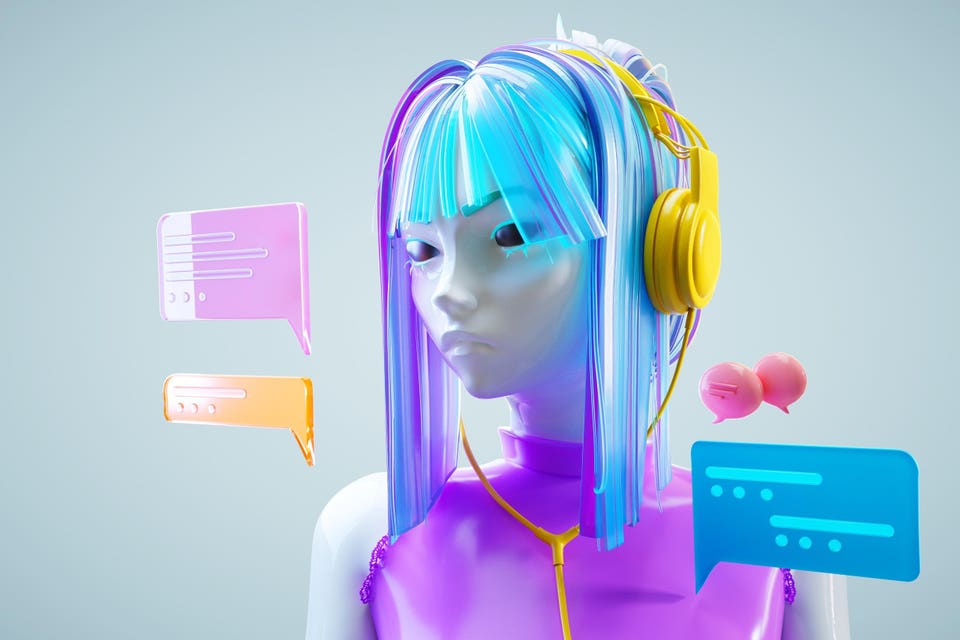AI As A Frenemy: Inside The Teen Chatbot Revolution
Personalized AI interaction has the potential to revolutionize the way we engage with technology. However, it also raises ethical concerns regarding privacy and data security. Balancing innovation with protection is crucial in this evolving landscape. As AI becomes more ingrained in our daily lives, it is important to consider the social and ethical implications of these interactions. The future of personalized AI interaction will require thoughtful consideration and ongoing dialogue to ensure its positive impact on society.

Shrikant Nagori, Co-Founder, Socratic Inc.
The Rise of AI Companions in the Digital Age
The digital Wild West has a new sheriff in town: the AI companion. These chatbots, designed for engaging conversation, have become a surprising new frontier for teenage exploration—a space where emotional vulnerability, creative experimentation, and outright digital mayhem collide.
While offering potential for education and entertainment, these AI companions are being pushed to their limits by teens, raising complex questions about online safety, ethical AI development, and the very nature of human connection in a digital age.
Exploring Boundaries: Teens and AI Interaction
Forget polite pleasantries. Teens are interacting with these AI characters in ways developers likely never imagined. They’re trolling them mercilessly, subjecting them to verbal abuse and outlandish scenarios seemingly designed to break their digital brains.
These interactions range from the darkly comedic to the disturbingly violent, highlighting a fascinating dynamic where the AI becomes a digital punching bag, a blank canvas for teenage angst, and a test subject for increasingly creative forms of digital torture.
Online communities even share tips and tricks, turning manipulation itself into a twisted game, mirroring the freedom and experimentation found in video games.
The Emotional Complexity of AI Relationships
This seemingly frivolous experimentation exists alongside something far more complex. In the same breath that they subject their AI companions to absurd roleplay, teens confide in them about deeply personal issues, seeking advice on friendships, relationships, and even mental health struggles.
The AI, perceived as non-judgmental and perpetually available, becomes a confidante, highlighting the complicated emotional landscape of adolescence where the need for connection often clashes with a fear of judgment.
Challenges and Risks in AI Companionship
The addictive nature of these interactions raises questions about the potential for cultivating unhealthy attachments and fostering escapism, particularly among vulnerable adolescents.
The current landscape of AI companionship is the Wild West: a vast, unregulated territory ripe for both exploration and exploitation. Navigating this new frontier requires a multi-pronged approach to prioritize ethical AI design, transparency, digital literacy, and responsible use.
Developers, parents, educators, and policymakers all play a vital role in shaping a future where the potential benefits of AI companions can be realized without sacrificing the well-being of a generation.

